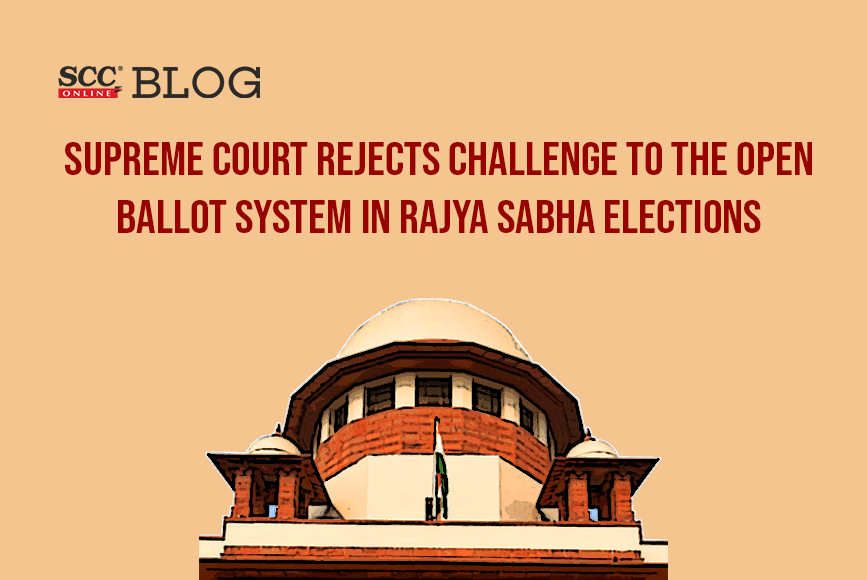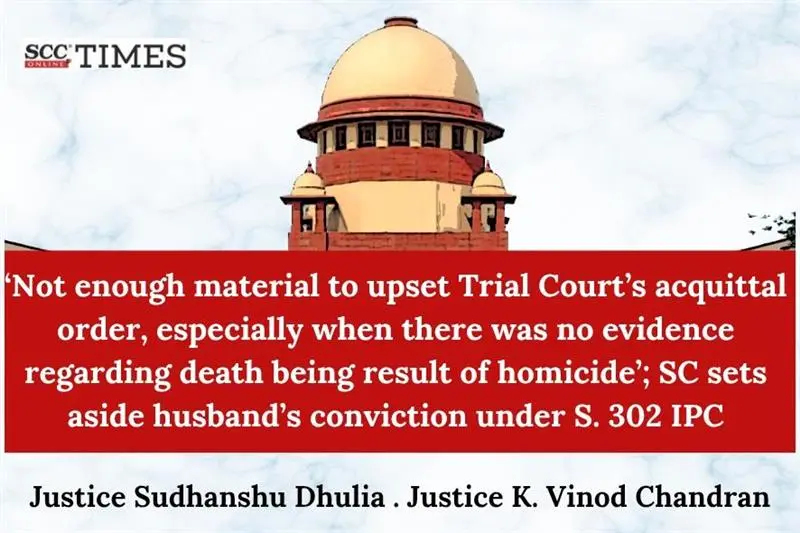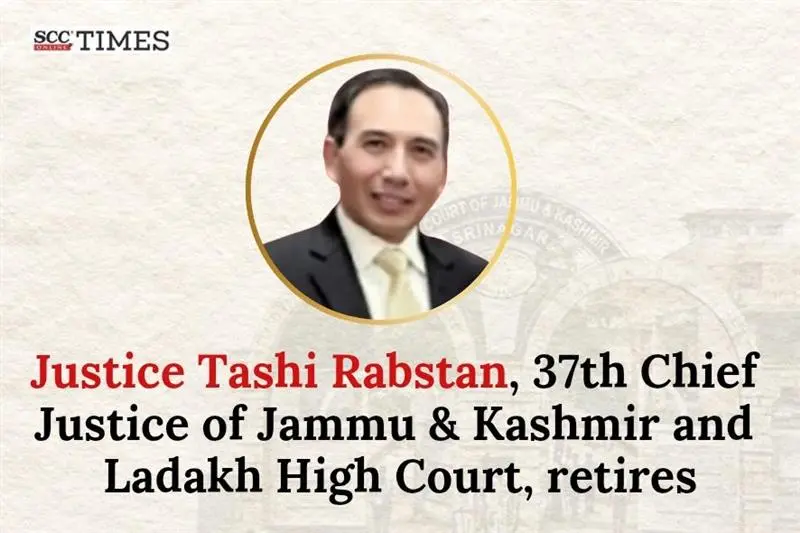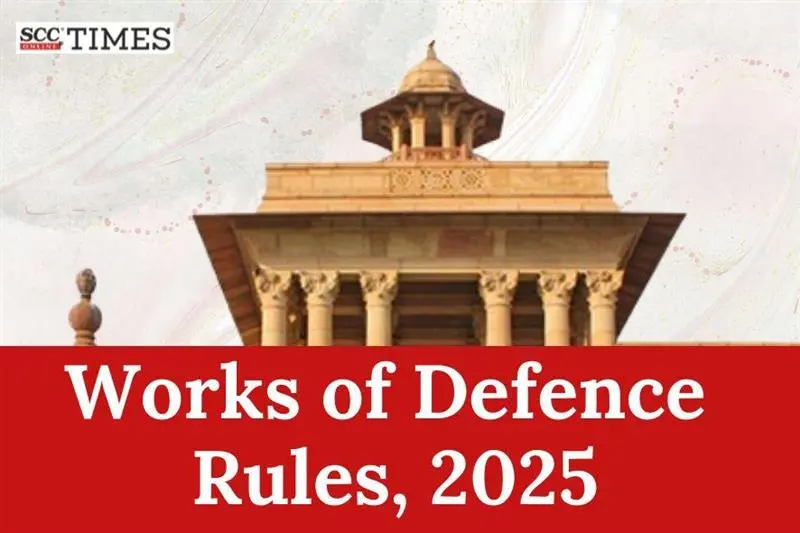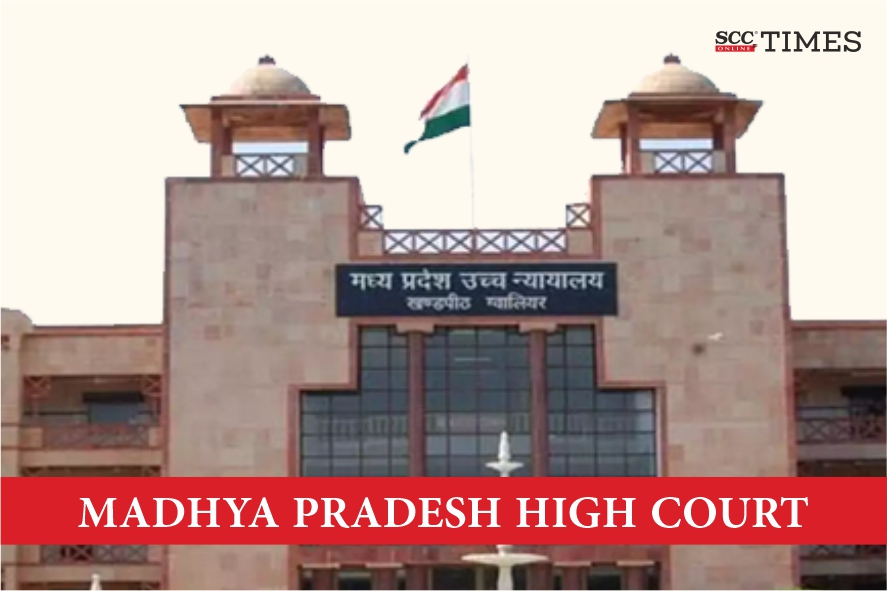Supreme Court: The full bench of Dr. Dhananjaya Y. Chandrachud, C.J., Pamidighantam S. Narasimha and J.B. Pardiwala J.J., dismissed a Public Interest Litigation filed by a Non-Government Organization, Lok Prahari challenging provision of Conduct of Election Rules, 1961 (‘1961 Rules’) and a part of the Representation of People’s Act, 1951 (‘Act of 1951’) which provides for open ballot system in Rajya Sabha Polls. The petition had sought to allow secret ballot in polls for Rajya Sabha and State Legislative Councils wherein the Bench held that the open ballot system was needed to prevent cross voting and maintaining party discipline.
Rule 39-AA of the 1961 Rules which was amended by a notification dated 27-02-2004 makes it mandatory for a Member of Legislative Assembly and a Member of Parliament to show the marked ballot paper to the polling agent of a political party in polls or his vote stood cancelled. The petitioner contended that it was violative of Articles 80(4) and 14 of the Constitution of India besides being contrary to section 123(2) of the Act of 1951.
The Court was of the view that this aspect was already upheld in Kuldip Nayar v. Union of India, (2006) 7 SCC 1 which had observed that after the amendment, voting to the Council had undergone an enormous change where secret ballot was replaced by open ballot. Further, an open ballot system does not mean it was open to one and all, but only to the authorised political party representative which was necessary to prevent cross voting and maintaining party discipline.
The Court therefore stated that the challenge must fail with regard to the Kuldeep Nayyar case (supra) since it held that it does not violate the principle of free and fair voting.
With the above observation, the Bench dismissed the petition.
Source: Press


